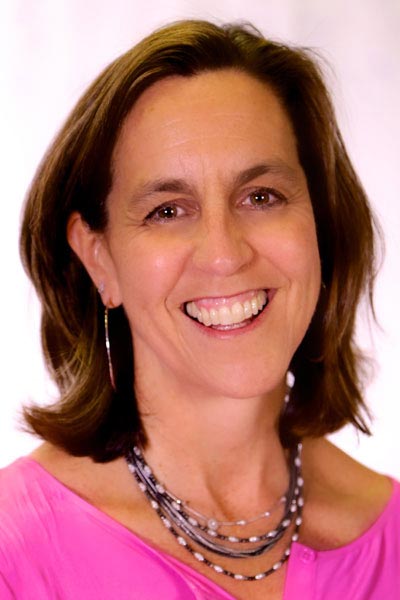Access to rheumatology care is a significant worldwide issue. For many patients in rural areas, it is less likely they will have direct local access to a specialist who can design an effective care plan. An interprofessional team of global experts will discuss the work being done to address this challenging issue in Workforce Solutions in Rheumatology: A Global Perspective on Monday, November 14, from 12–1 p.m. ET, in Terrace Ballroom I of the Pennsylvania Convention Center.

The session will be co-moderated by Northwell Health Rheumatology Nurse Practitioner Christine Stamatos, DNP, ANP-C, and European League Against Rheumatism (EULAR) Board Member and Nursing Researcher Ricardo Ferreira, RN, PhD. Meeting participants have the option to attend the session in person or on the meeting website via livestream, or to view the session on demand.
“One solution is to improve the number of physicians practicing rheumatology, but that is a slow, gradual solution,” Dr. Stamatos explained. “Training other healthcare providers to deliver much of the care, except for the highest-level care, is really important in improving access to care.”
Physician teams are often so overwhelmed that they don’t have time to monitor routine maintenance or wellness checks for their patients. Increasing the role of registered nurses (RNs) in monitoring cardiovascular risk for patients with rheumatic disease is one option to improving care. In Europe, RNs tend to be relied on more frequently for patients’ overall health management. Dr. Ferreira will highlight the positive results of one such program.
ARP President Barbara A. Slusher, PA-C, MSW, Physician Assistant at University of Texas MD Anderson Cancer Center, will discuss the benefits and challenges of employing advanced practice providers (APPs) in rheumatology practice.
“When I think of workforce solutions, I’m thinking about improved access to care,” Dr. Stamatos said. “It’s solutions that allow us to take better care of patients. Success happens when you have a well-educated team of providers.”
University of Nebraska Medical Center Professor Kaleb Michaud, PhD, will analyze how telehealth can be used to improve patient access to care.
“Telehealth is something that has been on the radar for the last few years, and then it obviously took a leap when we went through the pandemic,” Dr. Stamatos said. “I think we’re all realizing that it’s enormous in its ability to connect patients and providers and to be able to follow disease treatment plans more closely.”
With a focus on collaboration, Dr. Stamatos said a wide cross section of ACR Convergence attendees will benefit from this session.
“I believe this is something managers, planners, administrators, and physicians should hear,” she said. “Especially those who are in rural and remote areas that are looking for solutions to connect with the volume of patients whom they consider out of reach.”
WATCH ACR CONVERGENCE 2023 SESSIONS ON DEMAND
If you weren’t able to attend a session in person during ACR Convergence 2023, you haven’t missed out. All registered meeting participants receive on-demand access to scientific sessions through October 31, 2024.


